
by Himanshu Bhatnagar | Mar 17, 2025 | Richter
Corrosive chemical pumping involves the transfer of chemicals. These are risky chemicals that can damage materials they come in contact with. These chemicals have the potential to significantly endanger human health. They also pose a threat to the environment. These...
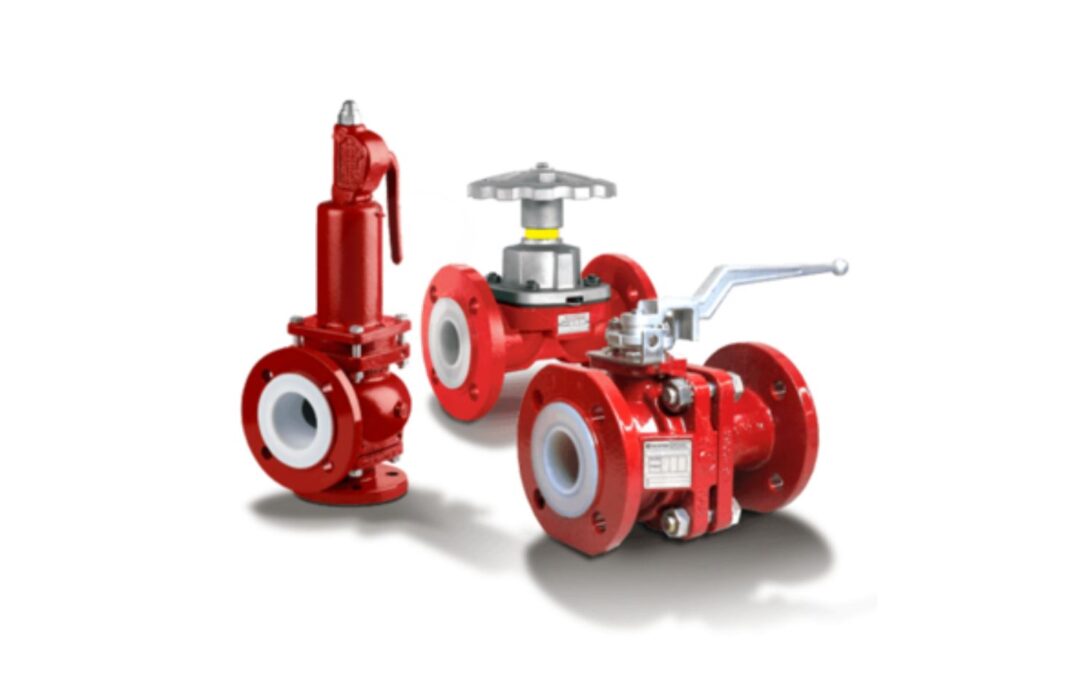
by Himanshu Bhatnagar | Jan 25, 2024 | Richter
What Makes Ball Valves Indispensable in Chemical Plants? Ball valves play a pivotal role in chemical plants, offering indispensable functionalities for fluid control. They are essential for regulating chemical flow from vessels to pipelines, providing crucial control...
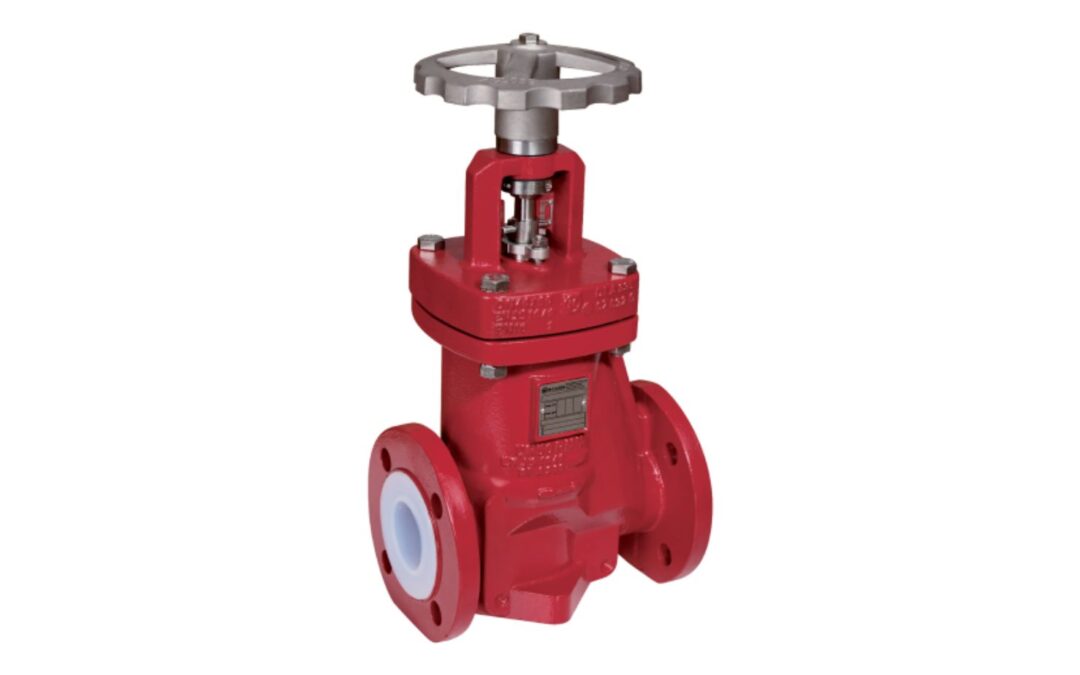
by Himanshu Bhatnagar | Dec 27, 2023 | Richter
Globe control valves have introduced significant advancements in fluid control within the chemical industry. Their capability to withstand high temperatures and pressures makes them a preferred choice, particularly in applications involving corrosive and abrasive...
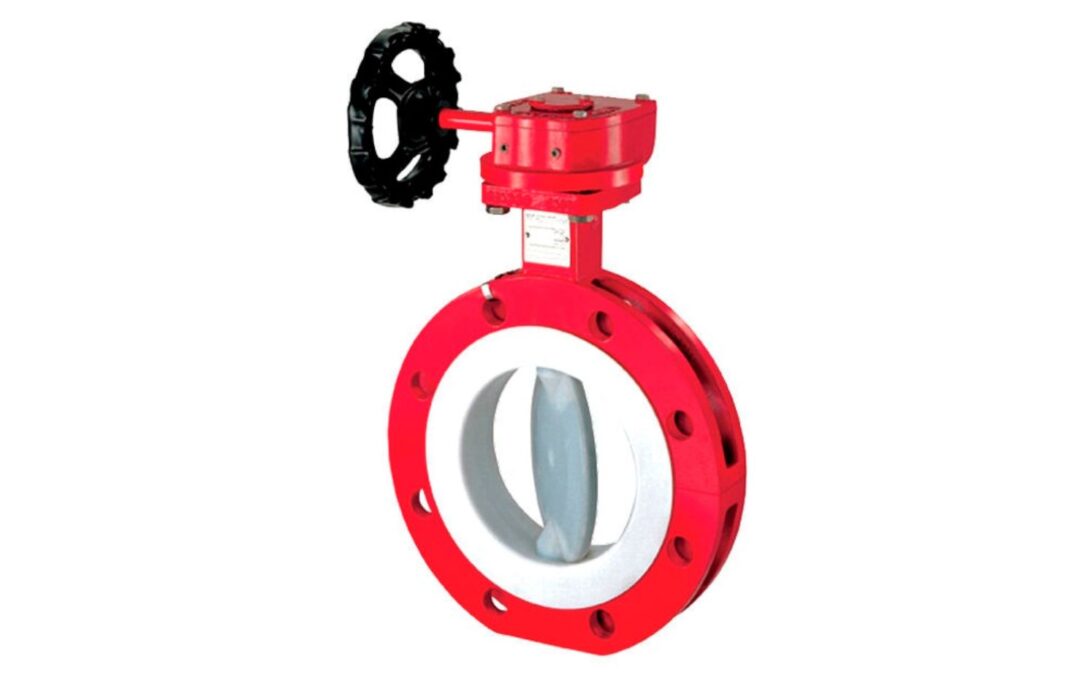
by Himanshu Bhatnagar | Dec 21, 2023 | Richter
What Is A Butterfly Valve? A butterfly valve controls or isolates the flow of a fluid. The closing mechanism of this valve is a disc that rotates. It belongs to the family of quarter-turn valves and operates very similarly to ball valves. The “butterfly”...
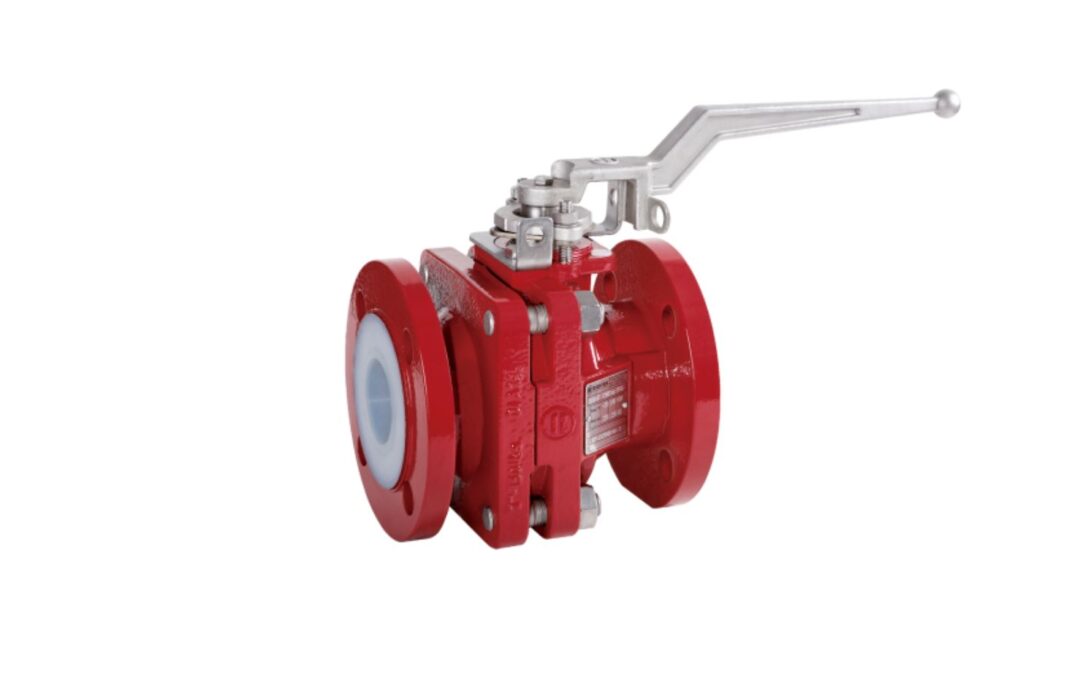
by Himanshu Bhatnagar | Dec 20, 2023 | Richter
Ball valves, a type of flow control device, utilise a hollow, perforated, and pivoting ball to regulate fluid flow, distinguishing them for their operational ease, repair convenience, and versatility, which find widespread industrial applications. Renowned for their...
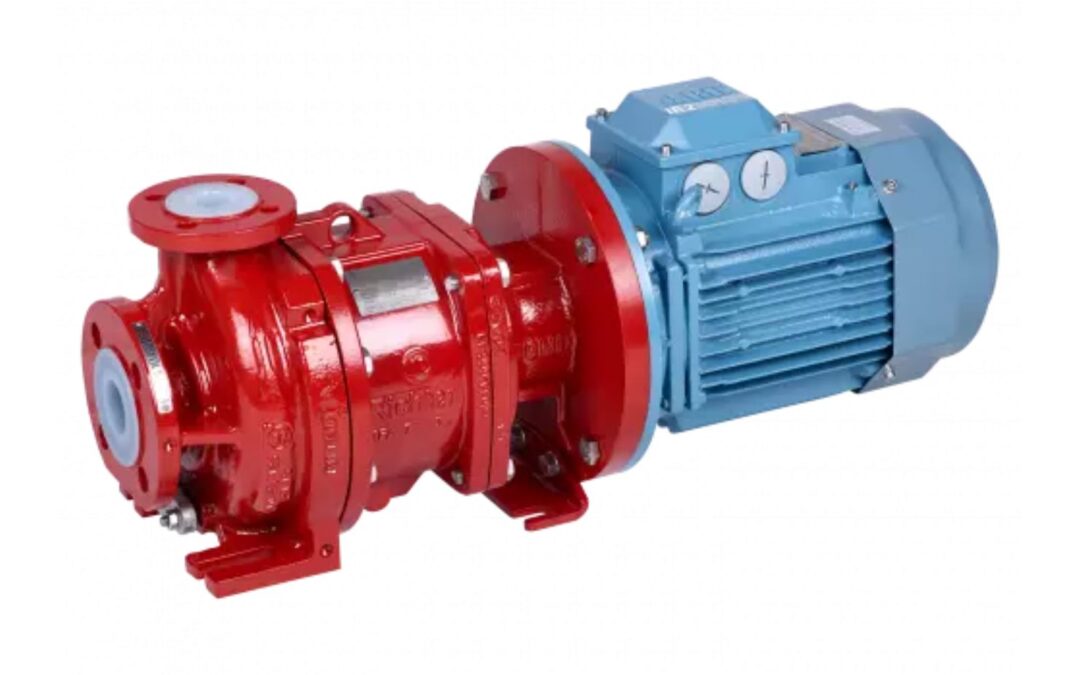
by Himanshu Bhatnagar | Nov 14, 2023 | Richter
Pumps are vital in the chemical industry for several reasons: Fluid Transfer: Pumps are used to circulate fluids within a process, maintain the right pressure, carry liquids to equipment, and control the flow of fluids. Handling Corrosive and Abrasive Chemicals: The...






